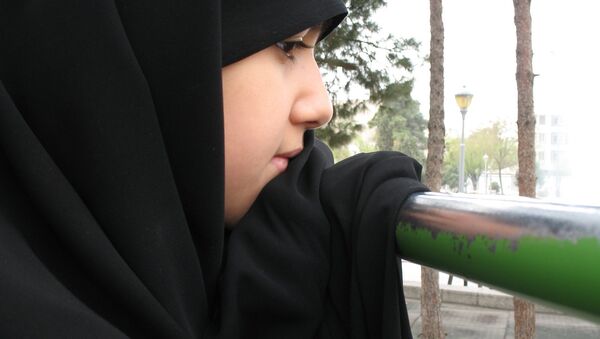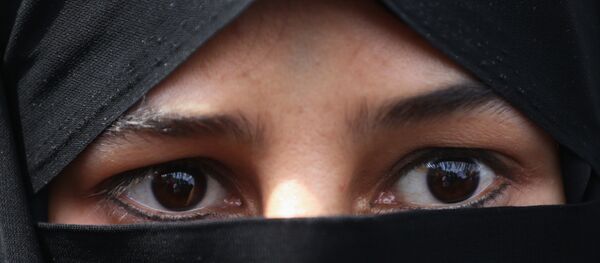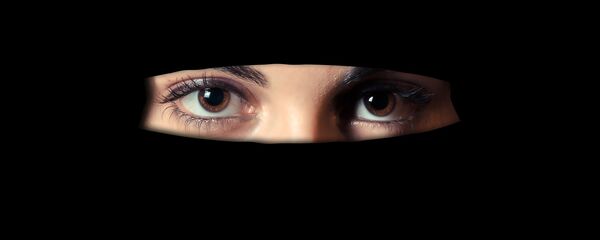The settlements for the cases were filed Monday in a Brooklyn federal court, New York Daily News reported.
One of the cases dates to 2012, when a Brooklyn high school girl was arrested on a harassment complaint following an altercation between her and two other girls she believed were spreading rumors about her.
Following her arrest, the student was taken to the central booking center in Brooklyn. She requested that a female officer take her picture privately, but instead was forced to take her mugshot in the presence of male officers and prisoners. She filed a complaint with a district court that year, expressing that she felt "exposed, violated and distraught" after being dictated to expose her hair to a male police officer and other prisoners for 20 minutes.
In 2015, another woman, identified only as "J. H.," was also forced to take off her hijab at Brooklyn Center Booking, despite her objections. In her complaint, she said that an officer said, "Wow, wow, wow" after she removed her headscarf, while other male detainees laughed and made inappropriate comments.
During the same year, a woman was arrested following a disagreement with a neighbor over a parking space. She was knocked unconscious during the dispute and her headscarf was forcibly removed at the time of her arrest. It is unclear whether she was unconscious when she was arrested.
These incidents occurred despite guidelines established in 2015 by the New York Police Department that suspects wearing religious headwear maintain the right to have their mugshots taken privately, with or without headwear, by an officer of the same gender.
In a New York Times interview with the lawyer for the three women, Tahanie A. Aboushi explained that the women were arraigned on their criminal charges but were not convicted.
According to Aboushi, the cases establish a precedent for cases involving other forms of religious dress, including Orthodox Jewish women wearing modest clothing and Sikh men wearing turbans.
"We did our best to establish good precedent. On the one hand, it gives officers guidance and on the other hand, it protects the exercise of religious freedom," Aboushi told NY Daily News.
A spokeswoman for the Brooklyn federal court law department also claimed that "the resolution of these matters were in the best interest of all parties involved" following the settlement for the cases.




